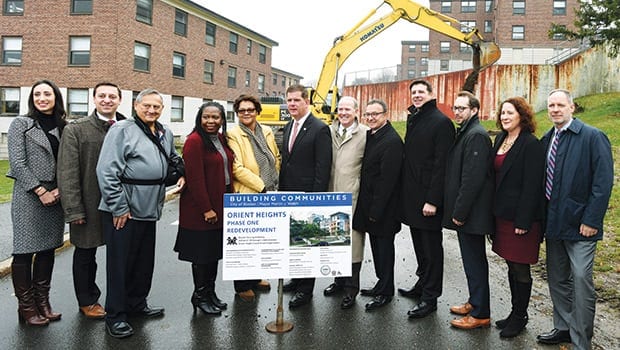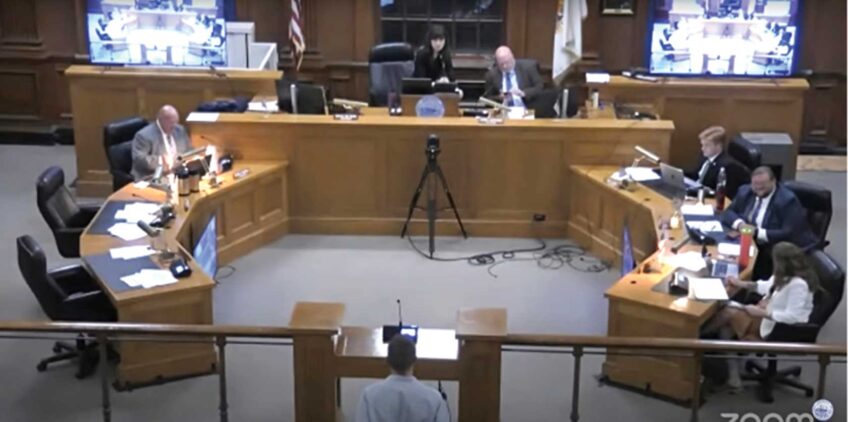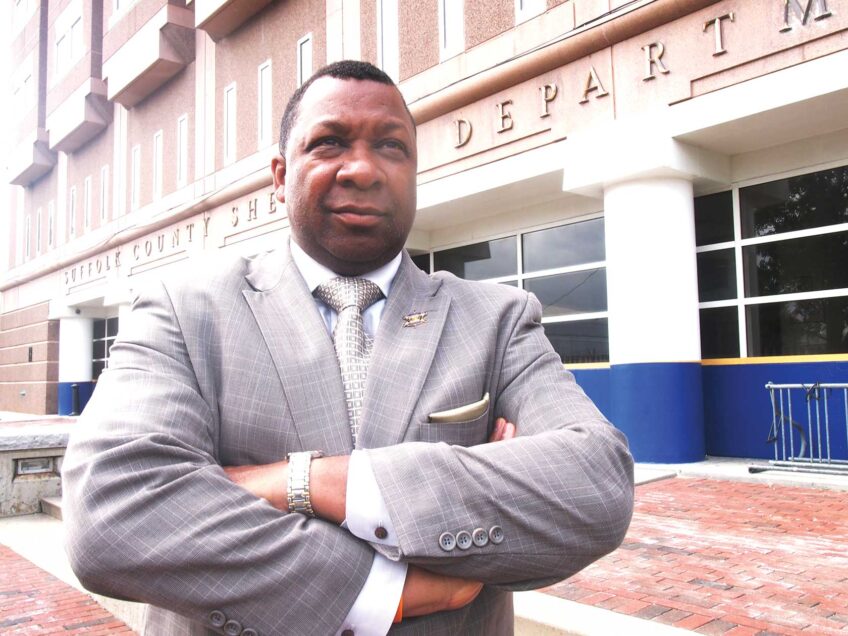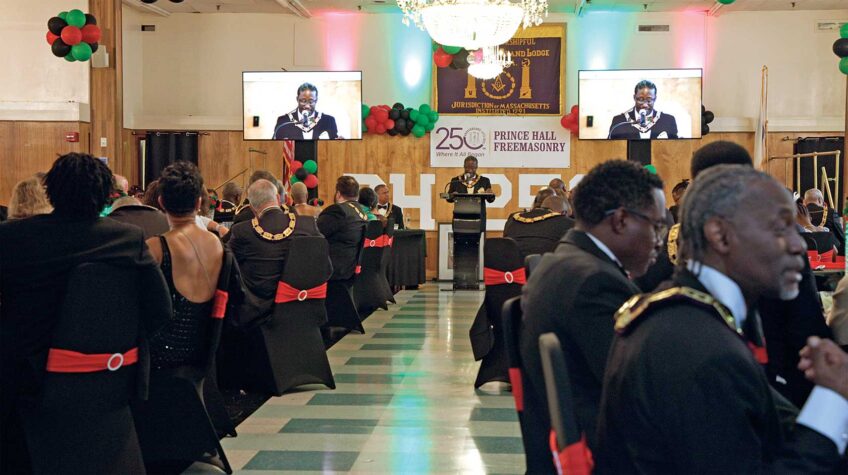
After decades of waiting, residents of East Boston’s Orient Heights public housing complex have brand new units on the horizon.
“After 25 years, this is the first project that came through for us residents,” said Ann Marie Lara, a 25-year Orient Heights resident who said she has seen many pushes to upgrade the property fail to take off.
Orient Heights originally was built in 1951, and is described in a city statement as “the most physically distressed property in the Boston Housing Authority’s state-funded portfolio.” The BHA began its redevelopment planning process in 2008.
Under the completed project, all 331 public housing units will be demolished and rebuilt, maintaining their current affordability. An additional 42 market-rate units will be added to the site, as will a new community center and public park.
Last week, developers broke ground on the project’s first phase, which calls for razing 90 of the Boston Housing Authority-owned units and replacing them with 120 new units. Phase one is expected to be complete in 2018.
The redevelopment represents the new face of BHA development funding: public-private partnerships. With federal financial support declining, the department of Housing and Urban Development has encouraged such collaborations.
“Developing private investments into public housing is becoming increasingly important, and, in many ways, the only way we can make these deals done,” said BHA Administrator Bill McGonagle at the groundbreaking. “The wave of the future — and wave of the present — is these public-private partnerships.”
Previously, McGonagle has told the Banner that budget constraints made building upkeep a daunting prospect for the BHA to tackle solo.
Many hands on deck
The Orient Heights project reflects a collaboration among the state Department of Housing and Community Development, Boston Housing Authority, East Boston Community Development Corporation and Trinity Financial, and ICON Architecture, and included involvement of the local tenant organization and other groups. Following redevelopment, the BHA will ground-lease the land to Trinity or its affiliated entities for 99 years. A Trinity entity will own the buildings constructed in each phase; a joint venture between Trinity Management and East Boston CDC will act as property manager.
Suffolk Construction will build the first phase, utilizing an all-union workforce.
Phase one
Under the first phase of the project, developers will demolish 90 units and a decommissioned central boiler plant. In their place, they will construct 120 new units of affordable rental housing in four townhouse buildings and one mid-rise building on Waldemar Avenue.
During construction, residents will be able to move into other BHA-owned public housing or use a state-subsidized voucher to rent privately. If they do not choose to return to the Orient Heights following the redevelopment, they may remain in their new locations.
Project financing
The project is pegged at approximately $51.2 million. Speakers at the groundbreaking praised the political and corporate collaboration behind the complex financing package. Funding phase one is approximately $33 million in High Leverage Asset Preservation Program and state capital funds; $1 million in Boston Department of Neighborhood Development Neighborhood Housing Trust Funds; $18 million from Raymond James Tax Credit Funds, Inc.; and a $26.5 million construction loan from Citi Community Capital.
The city contributed an additional $10 million — generated from the sale of the Winthrop Square Garage — toward further improvements.
Finances have yet to be compiled for the later phases, but DHCD Undersecretary Chrystal Kornegay expressed confidence it would be secured. She said Mayor Martin Walsh’s high financial commitment lends the project credibility.
“We may not know how we’re going to get it done, but we’re going to get it done,” she said.
Community inclusion
Al Caldarelli, executive director of East Boston CDC, told attendees that the architectural vision will weave the Orient Heights complex into the larger East Boston community, from which many residents have felt isolated.
“We will have a development that is ‘Orient Heights in East Boston’ and no longer a ‘project,’” Caldarelli said.
Orient Heights occupants have long been stigmatized, tenant Ann Marie Lara told the Banner. Their children’s school friends often are not allowed to visit the housing complex, Lara and others tenants said, and people living a few streets over consider themselves a different neighborhood.
Adding market rate units will transform the property into mixed-income and blend Orient Heights into the rest of the community, Lara added.
“We will no longer be considered ‘The Projects.’”






